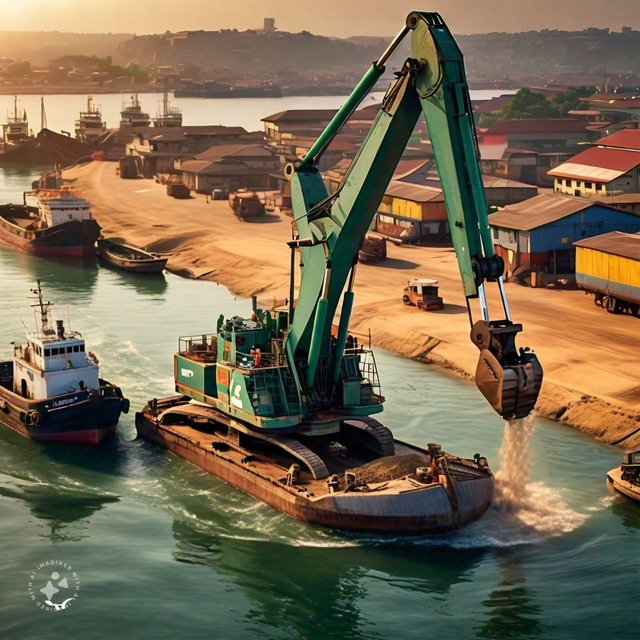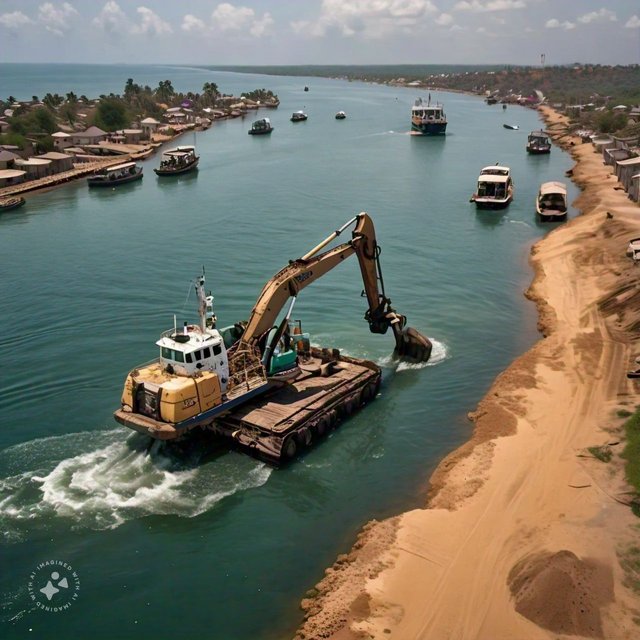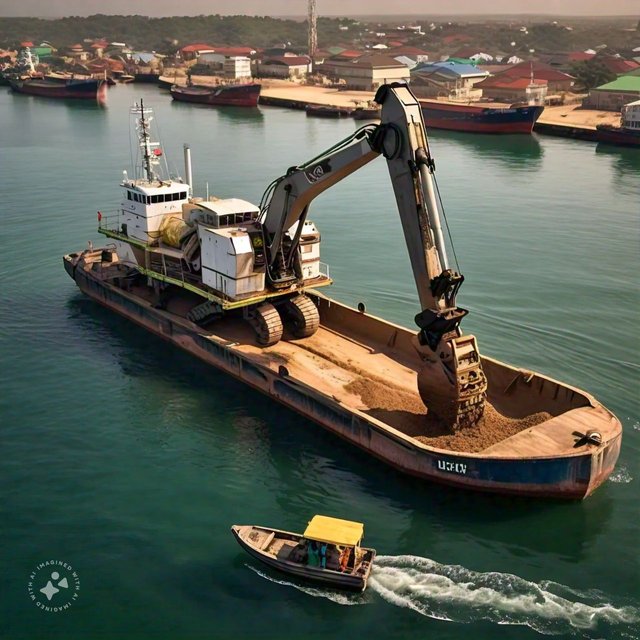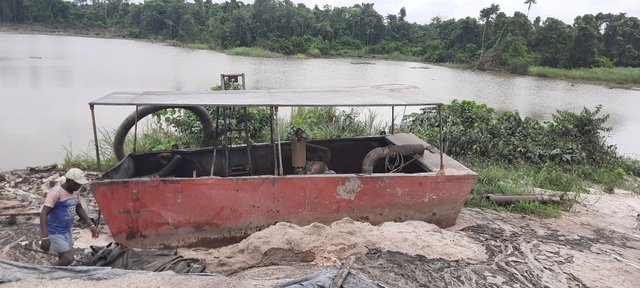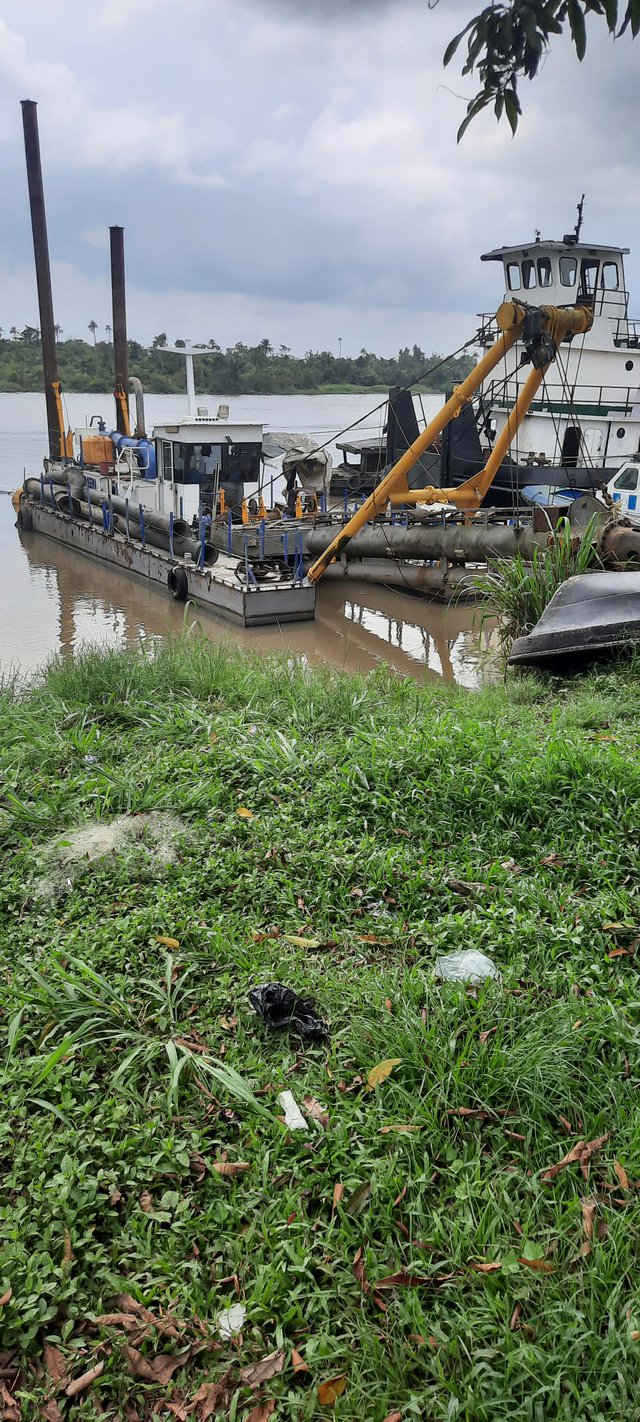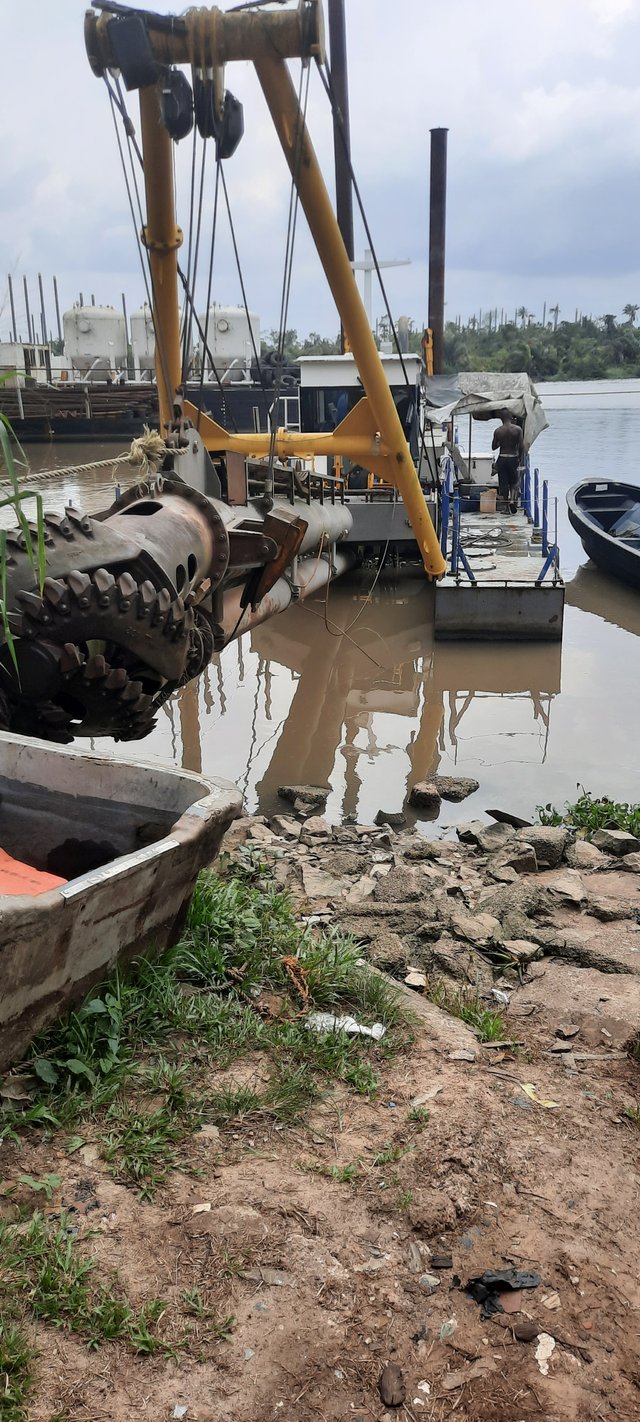Dredging in Nigeria: Unlocking Maritime Potential
Nigeria's maritime industry is a vital sector that contributes significantly to the country's economy. With a coastline of over 850 kilometers, Nigeria has the potential to become a major player in international trade. However, the country's maritime infrastructure has been hindered by shallow waters, silting, and inadequate port facilities. This is where dredging comes in – a crucial process that can unlock Nigeria's maritime potential.
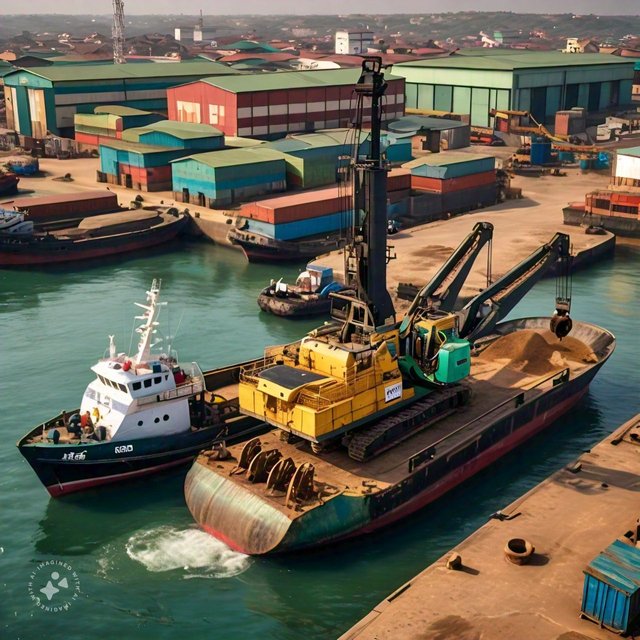
Benefits of Dredging
Dredging offers numerous benefits to Nigeria's maritime industry:
- Improved Navigation: Dredging ensures safe passage for larger vessels, reducing the risk of accidents and increasing maritime trade.
- Increased Trade: Deeper ports accommodate more cargo, boosting trade and economic growth.
- Job Creation: Dredging projects employ thousands of Nigerians, contributing to poverty reduction.
- Coastal Protection: Dredging helps prevent erosion, protecting coastal communities and infrastructure.
Challenges
Despite the benefits, dredging in Nigeria faces several challenges:
- Environmental Concerns: Dredging affects marine ecosystems, threatening biodiversity.
- Funding: High costs hinder project execution, requiring significant investment.
- Regulatory Framework: Inadequate laws delay progress, creating uncertainty.
- Community Engagement: Local communities must be involved in dredging projects to ensure social responsibility.
Current Projects
Several dredging projects are underway in Nigeria:
- Lagos Port Complex: Expansion and dredging to accommodate larger vessels.
- Calabar Port Expansion: Increasing capacity and efficiency.
- Bonny Island Channel Dredging: Enhancing navigation and trade.
Conclusion
Dredging in Nigeria offers immense economic benefits. Addressing challenges and investing in sustainable practices will ensure long-term growth. The Nigerian government, private sector, and local communities must collaborate to:
- Develop a comprehensive dredging policy.
- Invest in environmental impact assessments.
- Enhance community engagement.
- Provide training and job opportunities.
By unlocking Nigeria's maritime potential, dredging can contribute significantly to the country's economic development.
Sources:
- Nigerian Ports Authority
- Nigerian Maritime Administration and Safety Agency
- World Bank Report on Nigeria's Maritime Industry
